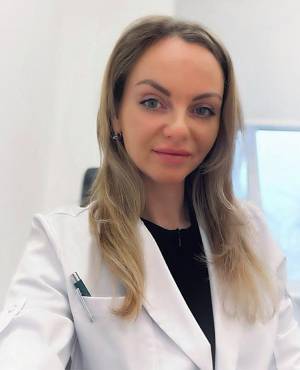What is a psychiatrist?
A psychiatrist is a doctor who specializes in the diagnosis, treatment and prevention of mental illnesses and emotional disorders. Psychiatrists are qualified to assess both the mental and physical aspects of psychological conditions. Their medical training allows them to prescribe medication, and they often use a combination of medication and prescription to treat mental health conditions, including addiction treatment. Here are the main aspects of what a psychiatrist does:
Diagnosis: Psychiatrists use a variety of methods, including psychiatric evaluations, laboratory tests, and physical exams, to diagnose mental health conditions. These can include disorders such as depression, anxiety, bipolar disorder, schizophrenia, addictions and many others.
Treatment: Treatment strategies may include psychotherapy (commonly referred to as “talk therapy”), medication, or a combination of the two. Psychiatrists are among the few mental health professionals who can prescribe medications and manage their side effects.
Prevention: Psychiatrists work to prevent mental illness by understanding risk factors, providing early intervention, and educating patients and their families about the signs and symptoms of mental health problems.
Research: Many psychiatrists also engage in clinical research to find new treatments and better understand the etiology of mental health disorders.
Education and Guidance: Educating patients and their families, as well as the public, about mental health, coping strategies, and effective treatment is an important part of the psychiatrist’s role. Psychiatrists also often provide advice on lifestyle changes and stress management techniques to support overall well-being.
Collaboration: Psychiatrists often work in teams with other health care professionals, including psychologists, social workers, occupational therapists, and nursing staff, to provide patients with comprehensive care to maximize the patient’s recovery.
The psychiatrist in Riga is available at 40 Lastādijas Street, on the 4th floor in the new premises of the Detox Clinic. In our clinic, Dr. Valentina Kharlamova provides psychiatric services.








